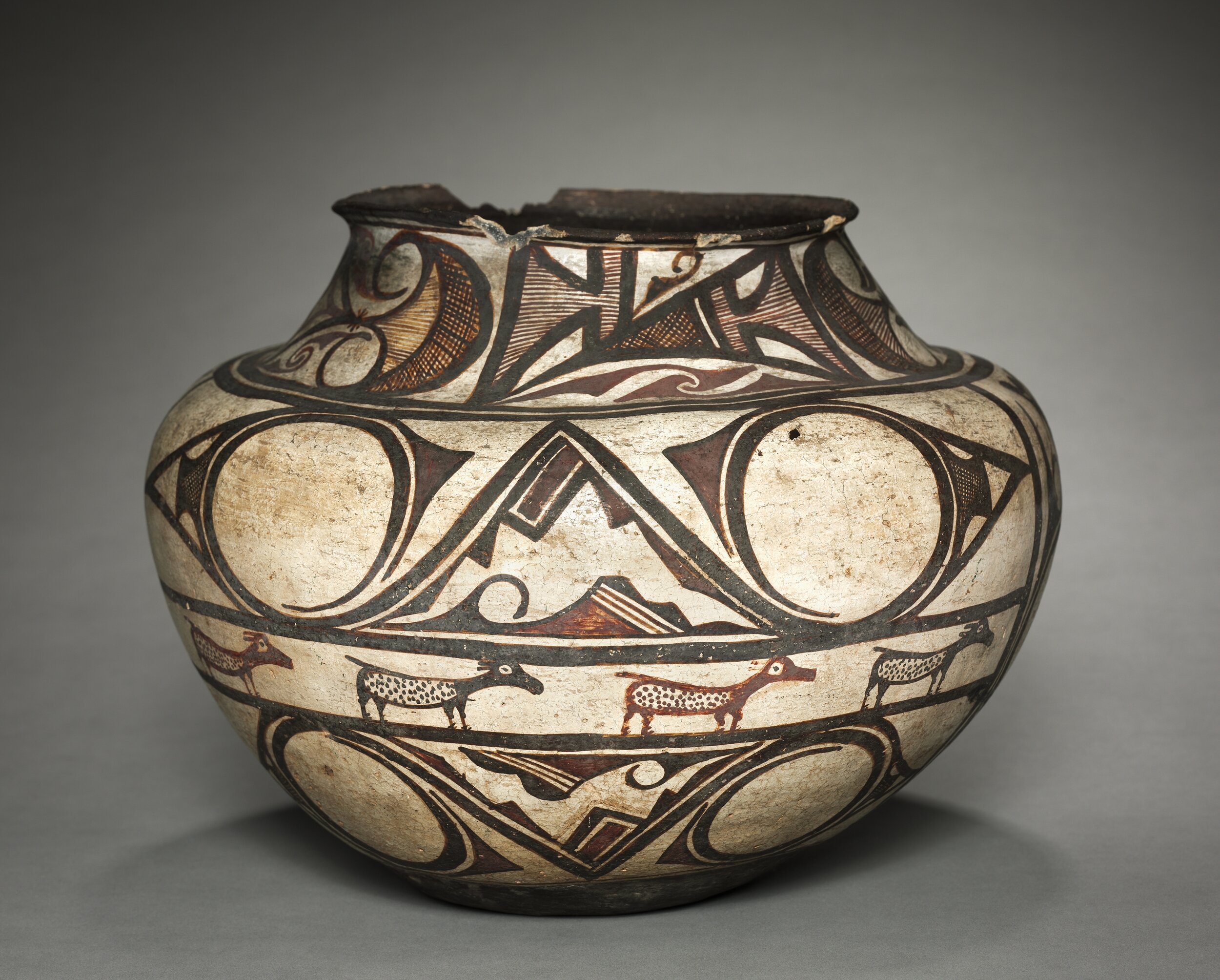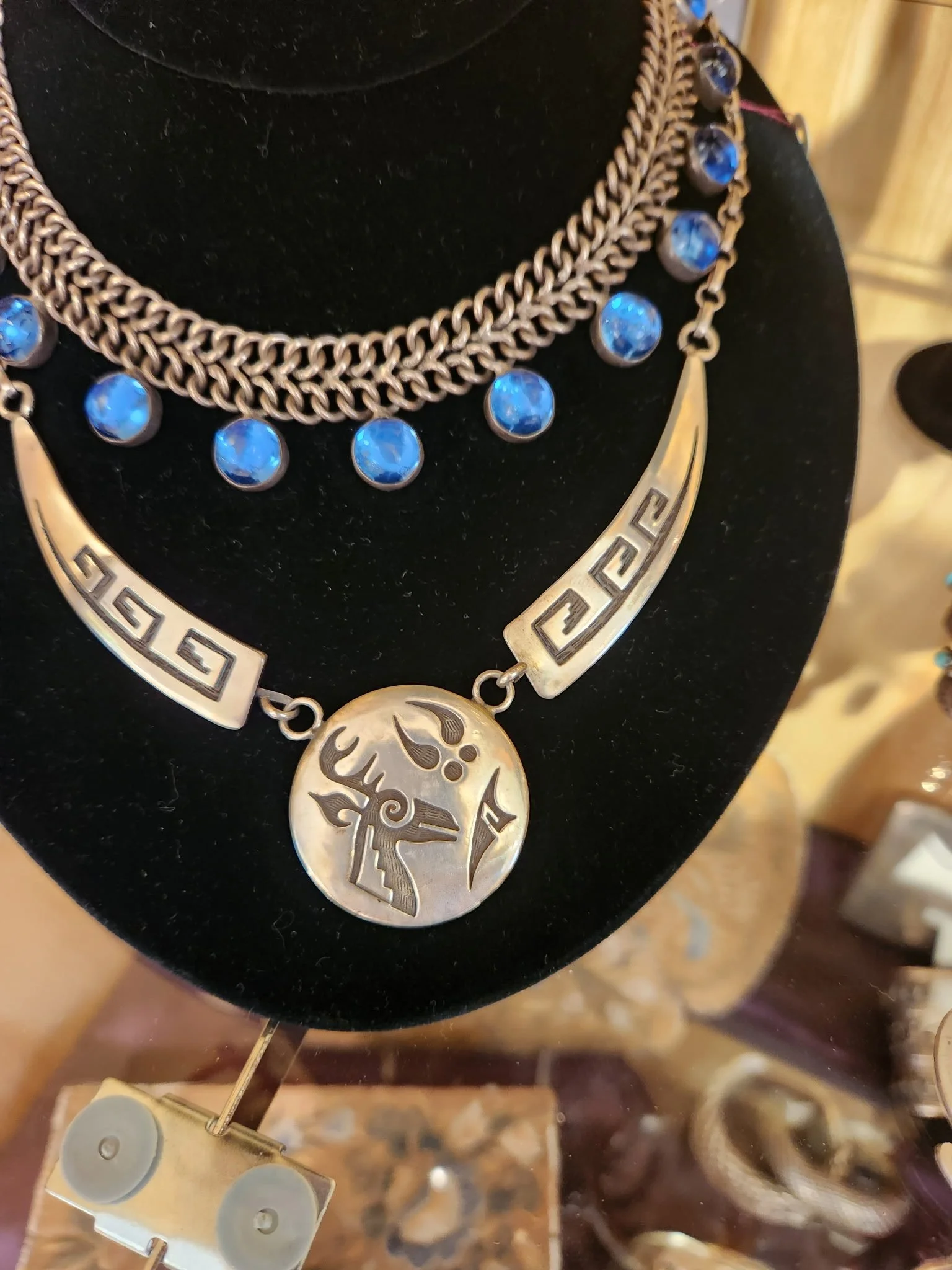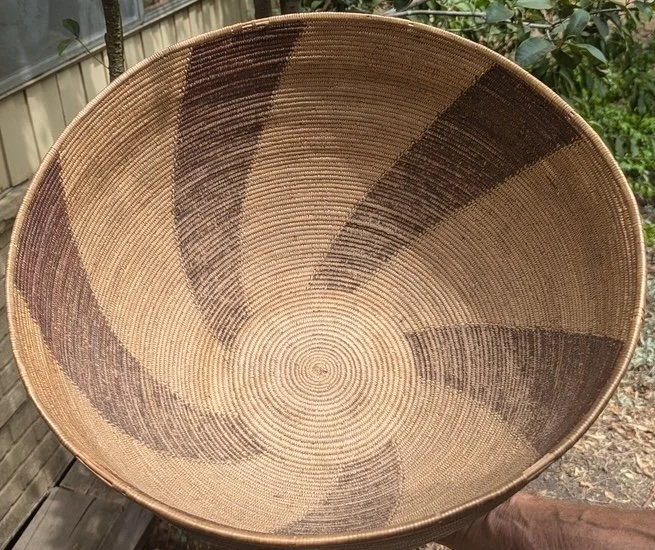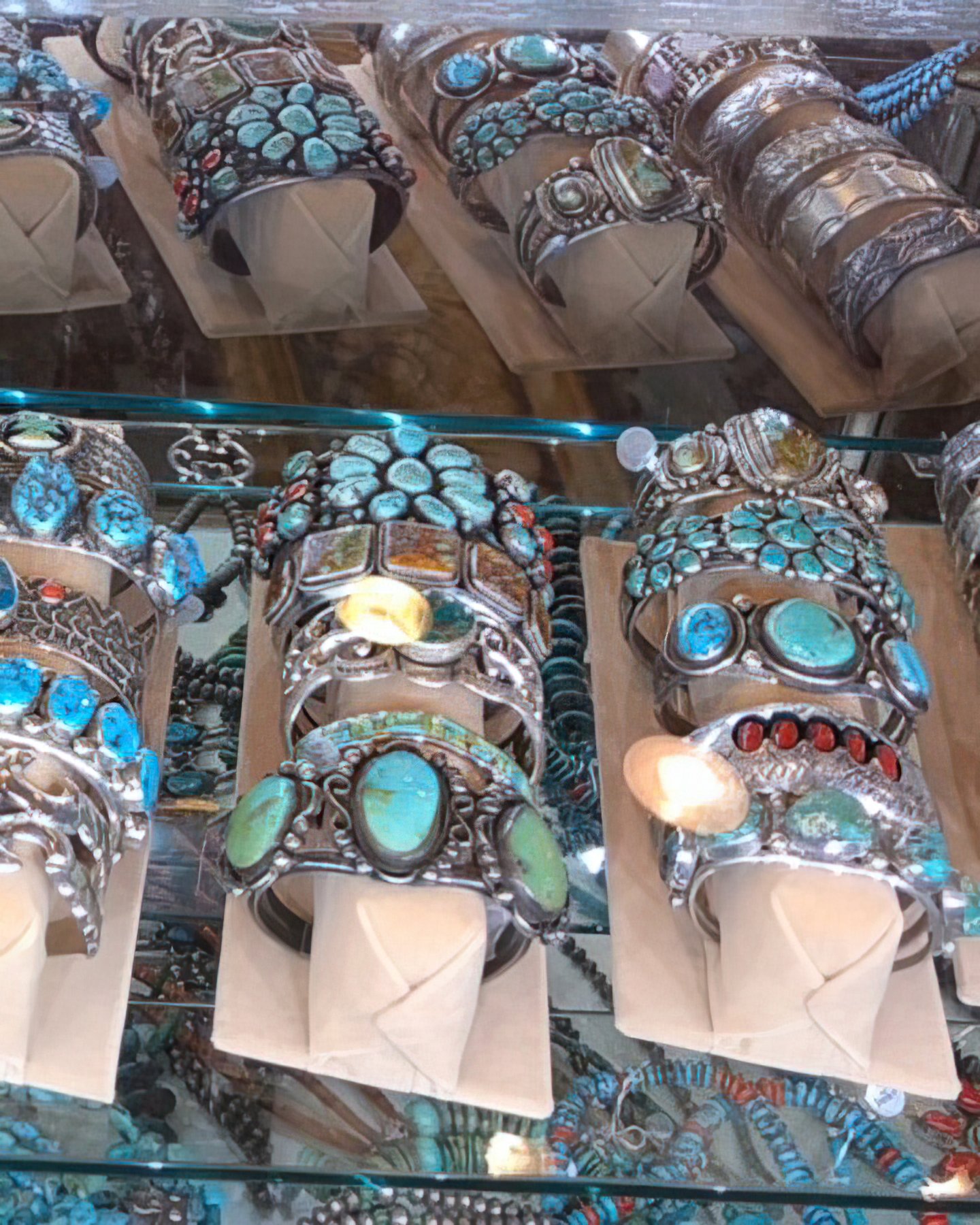Legal Issues Posts
2025
On July 23, 2025, Senators Fetterman, Grassley, Whitehouse, McCormick, Cassidy, and Kim introduced the so-called Art Market Integrity Act, claiming it would “apply anti-money laundering safeguards to high-risk art transactions.”
Click Here for info on how this proposed legislation would harm your business.
2021
On May 20, 2021, the U.S. Congress’ House Subcommittee for Indigenous Peoples of the United States held a legislative hearing on HR 2930, also known as the ‘STOP Act.’
Click the button below to read about the hearing and the history of the STOP Act.
2020
On June 10, 2020, ATADA submitted the following written testimony to the Senate Committee on Indian Affairs regarding the Safeguard Tribal Objects of Patrimony Act of 2019 (STOP Act), S. 2165.
2019
Legal Committee Report - Winter 2019-2020
Money Laundering Legislation: HR 2514
STOP Act III: S. 2165, H.R. 3846
2018
Legal Committee Report - Winter 2018-2019
Proposed Legislation: HR 7075
We worked together with tribes on alternative proposed legislation, the Native American and Native Hawaiian Cultural Heritage Protection Act of 2018, H.R. 7075, to ensure that unlawfully obtained objects do not leave the U.S., and that the rights of art collectors and dealers are preserved against expansion of NAGPRA.
Legal News Summary - Summer 2018
Response Letter
Letter to Chairman Hensarling regarding HR 5886- Proposal to Extend Money Laundering Regulations to Art and Antiquities Dealers
Algeria MOU Statement
Statement of ATADA Concerning the Request for a Memorandum of Understanding Between the Government of the United States of America and the Government of Algeria
Meeting of the Cultural Property Advisory Committee, July 31, 2018
2017 STOP Act
ATADA’s legal committee conferenced with Congress members and tribal leaders on the 2017 “Safeguard Tribal Objects of Patrimony Act” (STOP). ATADA’s legal advocacy prompted a rethinking of STOP that eliminated some of its worst elements and added a federal voluntary return provision instead of forcing repatriation. Constitutional questions and a lack of due process remain, along with a disastrous federal policy statement that no one can support. **Below are copies of written testimony submitted to the Senate Committee on Indian Affairs hearing on the STOP Act of 2017**
Below are full copies of the Senate and House versions of STOP 2017.
2017 Modernizing the Indian Arts and Crafts Act
ATADA submitted testimony to the Senate to support amending the Indian Arts and Crafts Act to provide greater protections from misrepresentation and to promote authenticity in the art market.
2016 STOP Act
The 2016 STOP Act prohibited the export of Native American and Hawaiian objects deemed tribal cultural patrimony. STOP swept away constitutional and legislative protections for grandfathered objects under ARPA and NAGPRA. ATADA worked directly with legislators to clarify STOP’s constitutional flaws and the economic damage to the entire Indian market. **STOP died in committee in 2016**
2016 TAAR Act
ATADA worked successfully in 2016 to inform key members of Congress of the damage to the international tribal art trade from “The Terrorist Art and Antiquities Revenue Prevention Act” (TAAR). **TAAR died in committee, but similar US legislation is expected in 2017.**
Public Awareness
ATADA led the way to resolve tribal concerns without government interference. The Voluntary Returns program is acknowledged by all parties to be a preferable, community-based alternative to federal encroachment on collector rights.
ATADA sponsored a major symposium in May 2017, Understanding Cultural
Property, covering the STOP Act, legal and economic issues in the Indian Art trade, and promoting cultural awareness.
ATADA has expanded its public and media outreach through its online Newsletter and direct contacts with newsmakers.
ATADA testified recently on behalf of religious minorities and the tribal art community at the Dept. of State.
What is the ATADA Voluntary Returns Program?
The ATADA Voluntary Returns Program is a community-based initiative designed to bring sacred and highly valued ceremonial objects to Native American tribes. Returns take place through a consultative process in which ATADA representatives work directly with tribal community and spiritual leaders. The program evolved through the recognition by art dealers and private collectors that certain objects, although legal to own, had great importance to tribal communities, and that their return could invigorate and enhance tribal community life.























